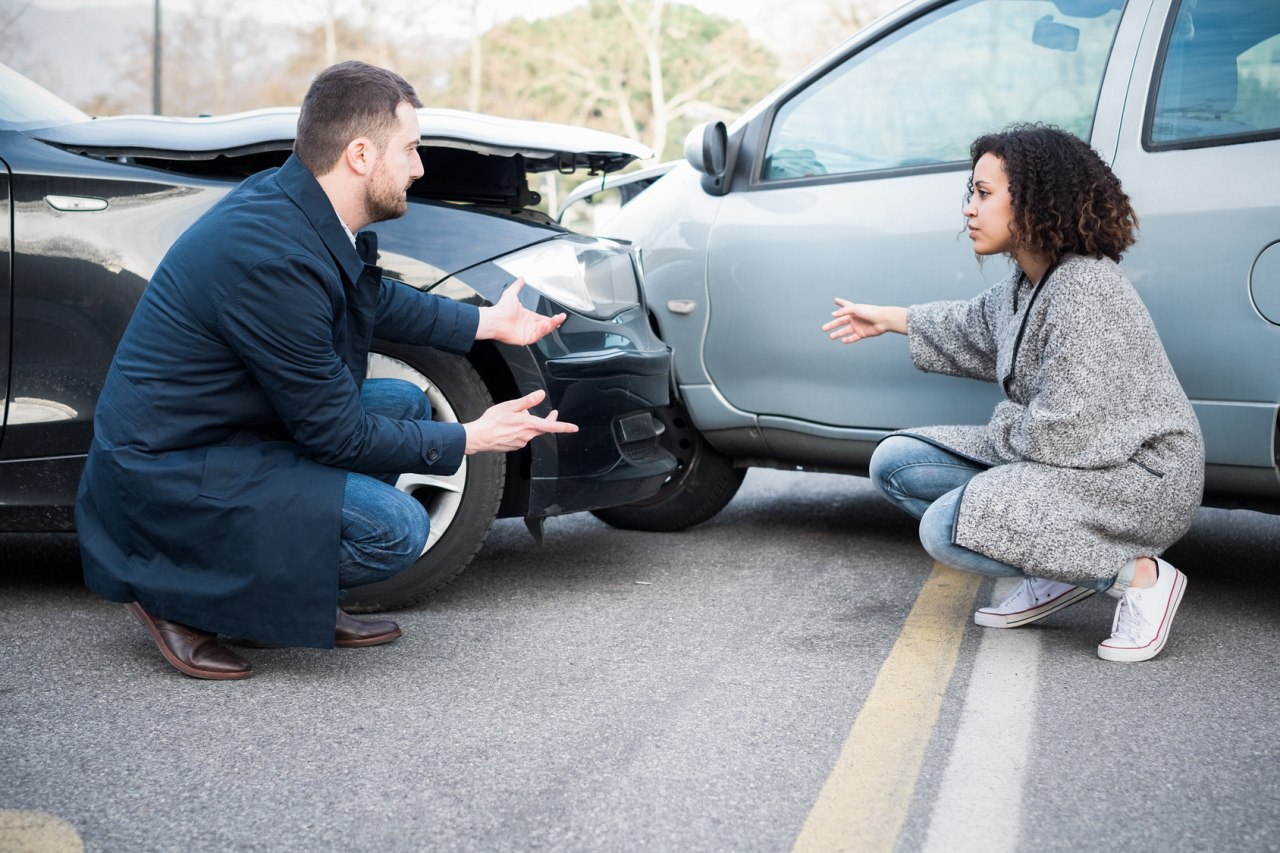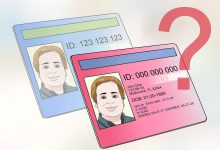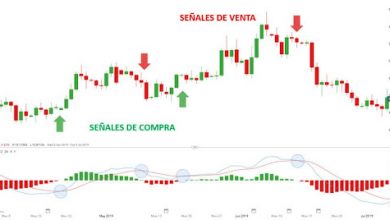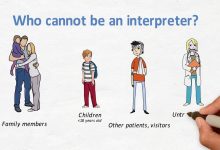Should I Hire an attorney for a Car Accident That is someone else’s My Fault?

Index Of The Blog
Getting a attorney for a car accident that wasn’t my fault
If you were involved in a car accident and suffered serious injuries, getting a lawyer can help you fight for compensation from the driver at fault. It can be difficult to prove who was at fault, so it is best to work with an experienced lawyer. In addition to gathering evidence of fault, a lawyer can also help you determine whether you are entitled to damages for your injuries.
Insurance companies will generally try to deny claims, particularly if they are huge. They will also try to settle your claim for less than you’re owed. Even if you have a legitimate claim, they will try to get as little money as they can from you and put the financial responsibility on you. When you have a valid claim, you’ll need a lawyer to fight the insurance company for you.
Medical bills can be complicated if you don’t see a doctor right away. However, it is important to seek medical care for any injuries you sustain after the accident. This will help you build evidence that shows the accident was not your fault and that you were hurt in a way that can make the other driver pay less.
Getting a statement from an eyewitness
The statement of a witness can be extremely important if you are pursuing personal injury claims. Eyewitness statements are crucial to your case because they may provide valuable information about the accident and who was at fault. For example, if the accident occurred on a highway, a witness’ statement may provide details about the at-fault driver, such as their license plate number or if they were speeding or driving under the influence.
If a witness is present at the scene of an accident, try to get their statement as soon as possible. You can approach them politely and ask if they witnessed what happened. If you are unable to get the witness to give a statement, try to get a statement from someone who was in the area. You can also try canvassing the scene, asking for details about what happened.
A statement from a witness should contain his full legal name, address, and contact information. The witness should also sign the statement to verify that he/she is telling the truth. You should also include relevant details about the accident, such as who was driving both cars, where the accident happened, and what was the weather like. It would also be helpful if a bystander or a passenger can take photos for you.
Getting statements from other drivers
After a car accident, you’ll likely receive calls from the insurance adjuster of the other driver. While the adjuster might seem friendly, they’re actually working to build their case against you. It’s vital to avoid giving any recorded statements unless you’re sure you’re not at fault for the accident.
Insurance companies will want to get statements from the other drivers as part of the claims process. They can use this information to help negotiate the repair costs. However, you should be wary of signing anything, as the other driver’s insurance company may try to make you sign a waiver of liability or accept a small settlement instead.
If you can get the name and contact information of the other driver, you can use this to prove your case. It’s also a good idea to get the names of any witnesses who witnessed the accident. These witnesses’ statements can be very helpful for you later on, as they’ll be able to recall the details of the accident and if the other driver was at fault.
Read more at Balthazarkorab.










